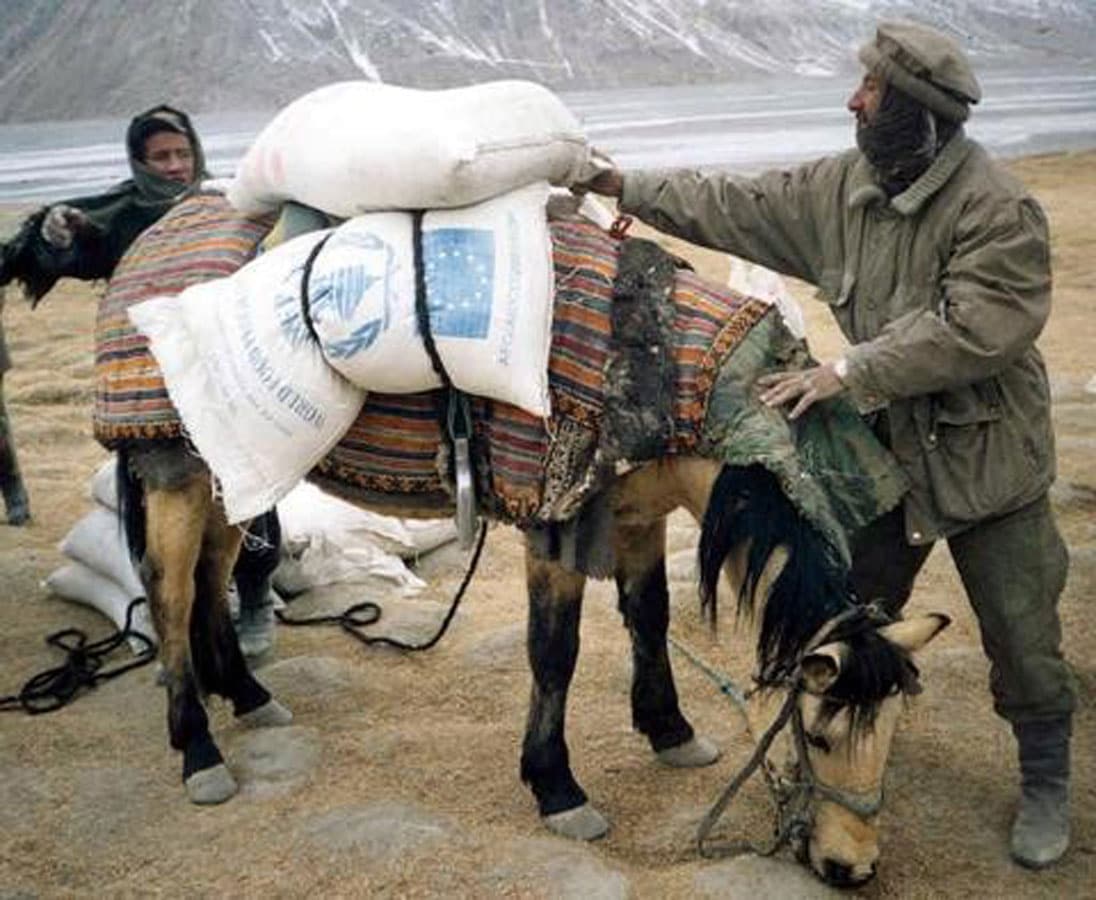Humanitarian agencies are busy sounding an alarm, warning donor governments that the world is witnessing historic levels of food insecurity as 2023 begins.
A new analysis by the humanitarian aid agency Save the Children shows that some 25.3 million people globally were suffering from “severe levels of hunger” in just eight countries at the end of 2022, an increase of 57% over three years. The announcement was made by the United Nations Office for the Coordination of Humanitarian Affairs (OCHA) via its Reliefweb portal.
Worst hunger crisis in modern history
OCHA says its officials are witnessing “increasing pockets of famine-like conditions” in the worst-affected nations. During 2022, food insecurity vastly worsened in Afghanistan, the Democratic Republic of Congo, Haiti, Central African Republic, Yemen, Sudan, South Sudan, and Somalia. All eight of these food-insecure countries have one common denominator: political instability and armed conflict.
“In Afghanistan, we are finding that children are so hungry that they are unable to remember what they have learnt at school,” Save the Children country director Nora Hassanien said in a release. The group estimates that by the end of last year at least 6.6 million people in Afghanistan were suffering from hunger as they struggled to find food, the highest among the eight countries seen to have the worst food insecurity. Save the Children clarified that since its global food insecurity assessment was finalized it was forced to suspend operations in Afghanistan after the ruling Taliban implemented a ban on women working for non-governmental organizations.
“More and more people will die if governments continue to look the other way.”
Yemen is the second-worst affected country due to an ongoing war there. Aid workers believe 6 million people in Yemen face acute hunger, an increase of 66% over two years. In Somalia, officials fear that at least 214,000 people were on the brink of famine at the end of 2022. OCHA and Save the Children acknowledged that conflict is a principal cause of this rising food insecurity crisis, but also point to climate change-induced droughts and economic fallout from conflict in Ukraine, including the resultant worldwide spike in food and fuel costs.
“The world is facing the worst hunger crisis in modern history,” OCHA stated. “Globally, as many as 60 million children under five could be acutely malnourished by the end of 2022,” it said, citing data from the World Food Programme.
Central American and the Caribbean
There is particular concern over rising food insecurity in Central America and the Caribbean.
Political instability in Haiti is leaving large numbers of residents in the cities without safe access to food, according to the United States Government’s Famine Early Warning System (FEWS). “Gang-related insecurity and long-term inflation have forced businesses and essential services to shut down and limit their operations, further exacerbating food insecurity,” per the new FEWS alert. Rural Haitian farmers are expected to begin harvesting crops soon, but the authors of the FEWS alert worry that inadequate rainfall will likely lead to a disappointing harvest in some parts of the country.
The FEWS alert also warns that communities in drier parts of Guatemala may face lean food availability due to lingering damages incurred by tropical storm Julia in October.
The twin alerts underscore the challenges ahead for food security advocates this year. Aid workers are pleading with donor nations to step up their efforts to prevent famine. “Humanitarian organizations delivering assistance in these countries have been sounding the alarm for months and yet the international community has failed to act,” said Save the Children’s Alexandra Saieh. “Global inaction has already resulted in countless deaths of children and their families. More and more people will die if governments continue to look the other way.”
— Grow Further
Photo credit: A man straps WFP-supplied food assistance onto a donkey in rural Afghanistan. World Food Programme.




